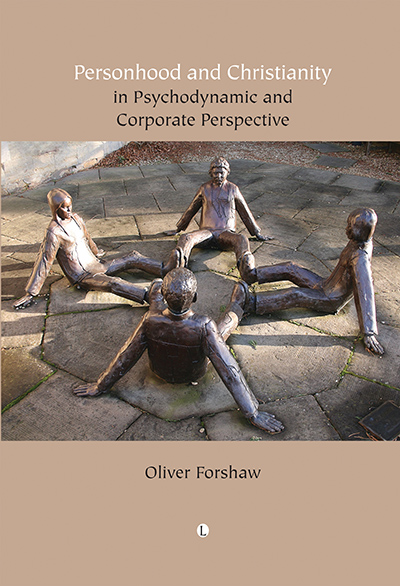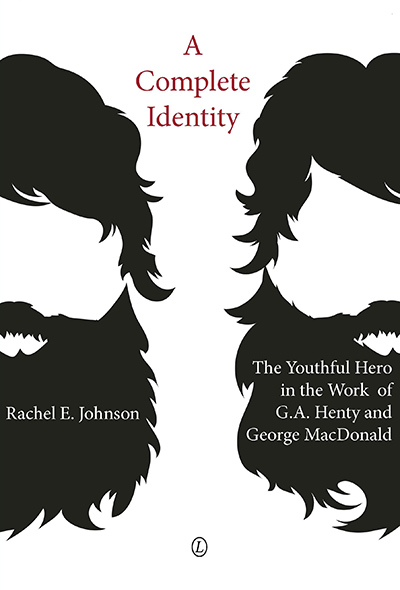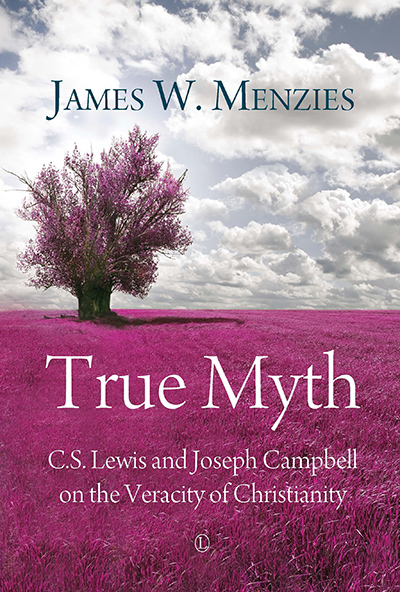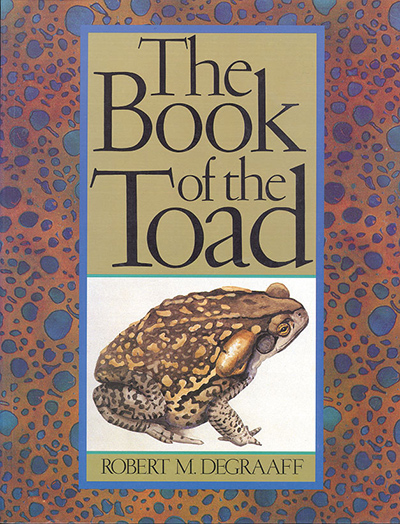Description
This is the first book to study the theological aspects of the work of Dr Frank Lake, one of the pioneers of pastoral counseling, since his death in 1982. The author explains Lake’s research and teaching, drawing out the distinction between Lake’s approach to psychodynamic therapy and that of psychoanalysis, whether Freudian or Jungian.
Making clear the Christian position that God’s self-revelation is through human nature, Forshaw gives an account of the way a person is formed as an individual in community from the moment of conception onward. In doing so, he shows that Christian living and spirituality are properly focused on the non-religious activity of God in the world, and that the Church’s mission requires the formation of worshipping congregations that are increasingly free of the defensive behaviours commonly encouraged by religion.
Forshaw argues that many of the practices and attitudes of the divided churches still make it difficult for people to understand Christianity. Taking up proposals of leading theologians and therapists he discusses the kind of holiness in the midst of ordinary life that can lead to practical reform in parishes, and contribute towards radical change in community life more widely. Throughout, stress is laid on the world-directed purpose of the Eucharist through the ascended Jesus who is present everywhere.
Personhood and Christianity will be of great interest to all involved in Christian leadership and in the caring services of Church and society generally, to those training for ministry and to everyone engaged in pastoral counselling and therapy.
About the Author
Having served parishes in Singapore, Yorkshire, and Cumbria, Oliver Forshaw was longest in a large UPA parish in Manchester where he set up with RC and Methodist colleagues a project to provide counselling and other community work.
He also led Clinical Theology seminars for many years, as well as serving on a panel of counsellors for clergy set up by the NW diocesan bishops. This experience increased his awareness of the need for psychodynamic therapy for many of the ordained. Since his retirement in 1992, he dedicates his free time to extensive reading and gardening.
Contents
Tribute
Acknowledgements
Introduction: The dimensions of wellbeing
One: Persons in dependence on God’s presence
A. Resources and consent for self-criticism
B. Critique of religious experience
C. Duality not dualism
D. Being responsible and submissive to God
E. Subjectivity and the Spirit
F. Within a divine matrix
G. Intersubjective first
H. Proposals
Two: Need, defence and the stages of life-change
A. The inner dynamic for emotional healing and growth
B. Models of the self compared
C. Freud’s anxious withdrawal
D. Mental suffering and defensive lifestyles
E. Promoting reconciliation and transformation
F. The stages of dispossession through Christ
Appendix to Chapter Two: The ‘transpersonal’ self
Three: Identifying the Spirit’s coaxing
A. Judgement and liberation in one action
B. Faith and extraordinary discoveries
C. Gender theology and conversion
D. The significance of Bonhoeffer
E. God’s agency and desire enables our own
F. Recovering confi dence in the gospel
Four: The witness of corporate holiness
A. The significance of ‘flesh’ in Jesus and in ourselves
B. Faith and the continuity of each person
C. The individual’s commitment to the Church’s mission
D. The ministry of Christ’s body
E. Our penitence elicits God’s further action
Diagrams
Chapter Notes
Bibliography
Index
Endorsements and Reviews
Anglican priest Forshaw explains how the psychodynamic analysis of personality and the concepts and practices of Christian community can reinforce each other to work toward the well being of people.
Reference & Research Book News, October 2011
Oliver Forshaw is an experienced parish priest and this book is clearly (and happily) not one written to a deadline to meet the academic demands of a Research Assessment Exercise. Rather it flows from a lifetime’s engagement with the subject matter as a Clinical Theology seminar leader and its use as a tool for the respective practice in ministry. There is a deep understanding of Lake’s work not only with regard to the framework of the early seminars but also with Lake’s later, and more controversial, theories in which he linked the formation of personality to events taking place in the life of the mother at the moment of conception.
David Lyall, in Journal of Practical Theology, Vol 5 (2)
Because both Christian belief and worship, alongside psychodynamic therapeutic practices, honours the whole person, without flinching from the realities of their long-standing brokenness, Forshaw is able to offer a meditative and measured reflection on the experience/s of natality and the personhood of the unborn. He is not seeking to be controversial (if anything his prose style holds back from stronger conclusions) but wants to foster a real sense of the wholeness of the human person.
Nigel Zimmermann, in The Expository Times, Vol 122, No 7
… I take this book as a whole to be a fine and timely one, and hope that it will be widely read.
Hugo Meynell, in Heythrop Journal, Vol 55, Issue 2






